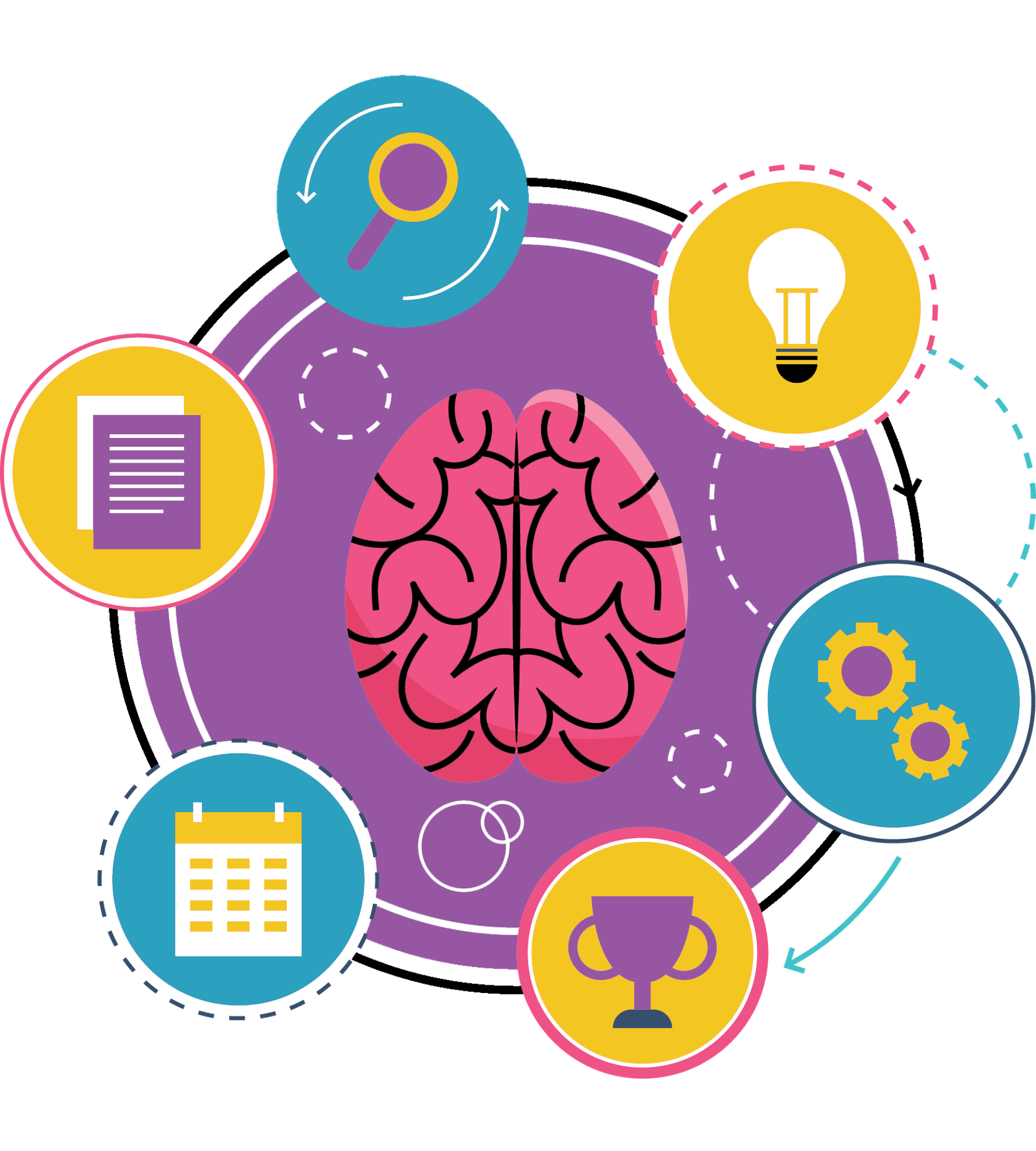+91 78889-76762
IQ Assessment
A healthier choice for a healthier you.
IQ Assessment
IQ Assessment

The Importance of IQ Assessment in India?
Educational Customization
India has a highly competitive and academically driven education system. IQ assessments allow for the identification of students who may benefit from customized learning strategies. Whether a child is gifted or has intellectual challenges, early identification can result in tailored educational plans that nurture individual strengths and address weaknesses.
Ensuring Equal Opportunities
In a diverse country like India, with a variety of socio-economic backgrounds, IQ assessments help ensure that children from disadvantaged backgrounds who may have strong intellectual potential are not overlooked. With a formal assessment, these children can access scholarships, special programs, and educational opportunities that might otherwise be out of reach.
Why Paid Therapy needed in IQ AssessmentTherapy?
Why Paid Therapy needed in IQ AssessmentTherapy?
Professional Expertise and Training
Licensed psychologists, counselors, and therapists who conduct IQ assessments and offer related therapies undergo extensive education and training. They possess the skills to interpret test results.
Access to Specialized Resources and Tools
IQ assessments and related therapies require the use of standardized tests, tools, and materials, many of which are costly. These tools, such as the Wechsler Intelligence Scale for Children (WISC) or the Stanford-Binet test, are updated regularly.
Higher Accountability and Focus
When therapy is paid for, therapists and clients alike have a greater level of accountability. Therapists are more focused on providing value and ensuring the client’s needs are met, while parents.
Long-Term Intervention
Paid therapy often provides long-term support that goes beyond the initial IQ assessment. Children who need ongoing help to develop their cognitive, emotional, or social skills benefit from regular sessions with a therapist.
Ethical Standards and Quality Control
Paid therapy often adheres to strict ethical guidelines and quality control measures. Therapists are bound by professional codes of conduct, and they must meet continuing education requirements to maintain their licenses.
Why You Need IQ AssessmentTherapy?
Why You Need IQ AssessmentTherapy?
Improving Emotional and Behavioral Outcomes
Addressing emotional difficulties: Emotional or behavioral challenges are often linked to cognitive abilities. For instance, children with lower IQ scores may struggle with self-esteem or social skills, leading to emotional issues. Therapy helps them develop coping mechanisms.
Career and Future Planning
Guiding academic and career choices: IQ assessments can inform important decisions about education and career paths. By understanding cognitive strengths, individuals can make informed decisions about areas of study or job fields that align with their abilities.
Support for Emotional and Mental Health
Managing frustration and stress: If a child struggles in school due to learning difficulties or cognitive delays, it can cause frustration, anxiety, or even depression. Therapy provides a safe space to work through these emotions and find constructive ways to handle stress.
Understanding Cognitive Abilities
Clarifying strengths and weaknesses: IQ assessment therapy helps identify areas of intellectual strength (e.g., problem-solving, memory) and areas that might need support (e.g., processing speed, verbal comprehension). This understanding can lead to more effective personal, educational, or career planning.
How to Choose the Best Therapist for Your Needs
Identify Your Specific Needs
What do you want to address? Be clear about your goals—whether it’s anxiety, depression, relationship issues, trauma, or personal development. Identifying your needs helps you choose a therapist who specializes in the relevant areas.
Therapist’s Approach to Progress
Flexibility in approach: If you’re not responding well to a particular therapy method, it’s important to have a therapist who is flexible and willing to try other techniques or approaches.
Consultation Session
Many therapists offer a free initial consultation, which can give you a feel for their approach and whether you’ll be comfortable working with them. Use this time to ask questions about their experience, therapeutic approach, and expectations for therapy.
Read Reviews and Testimonials
Check online reviews and testimonials from other clients. This can give you insights into the therapist’s approach, effectiveness, and how comfortable others have felt during their sessions. Positive feedback and recommendations can be a good indicator of a therapist’s competence.

5.0Top Rated Serviceverified by TrustindexTrustindex verifies that the company has a review score above 4.5, based on reviews collected on Google over the past 12 months, qualifying it to receive the Top Rated Certificate.
The professional, licensed, and vetted Psychologist who you can trust.
FAQs About Child Therapy
IQ assessment therapy involves using standardized tests to measure an individual’s cognitive abilities (IQ) and providing therapeutic interventions based on the results to help individuals improve their cognitive, emotional, or behavioral well-being.
IQ assessments help identify cognitive strengths and weaknesses, assist in diagnosing learning disabilities, guide educational placement, and provide a basis for personal development and therapeutic support.
IQ assessments usually take between 1 to 2 hours, but the exact time can vary depending on the test and the individual's needs.
It’s common for one partner to be hesitant about counseling. If this is the case, try to have an open discussion about the benefits of counseling and how it could improve your relationship. Sometimes, attending an initial session alone can help your partner become more open to the idea.
After the IQ test, a therapist will discuss the results with you, explaining the cognitive profile. Based on the results, they may recommend educational strategies, therapy, or interventions tailored to the individual’s needs.
